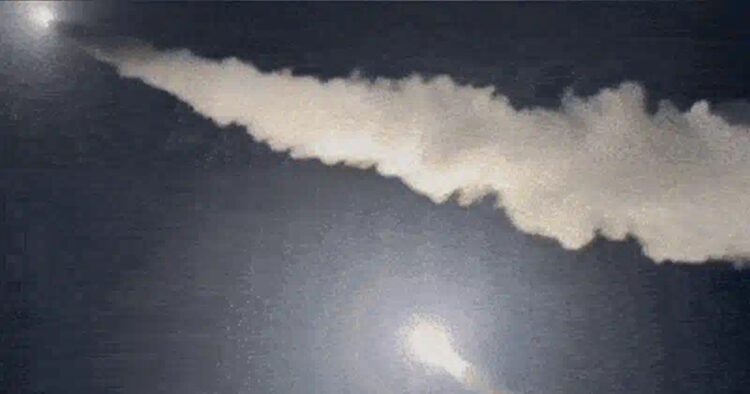Ukraine has now fired British-supplied Storm Shadow missiles deep into Russian territory following using US-made missiles to target Russia. Notably, this is the first time Ukraine has used these long-range missiles outside its own borders, as the UK had only permitted Ukraine to use them on its own soil.
Earlier, Russia had called Ukraine’s attacks with US missiles an act of foreign interference and warned that Russia will respond, considering it the start of a “new phase of war.” The ‘Storm Shadow’ missiles were originally supplied by the UK with restrictions on their use—limited to Ukrainian soil only.
However, this policy seems to have shifted in response to Russia’s increasing reliance on unconventional strategies, including the deployment of North Korean troops in the Kursk region to support its military operations. Western officials have strongly criticised Moscow for these tactics. The strikes by Ukraine are seen as a direct response to Russia’s growing use of unconventional allies and its aggression in the region.
These developments also coincide with the recent US decision to allow Ukraine to use its Army Tactical Missile System (ATACMS) against Russian targets, highlighting a broader shift in Western support for Kyiv’s military efforts. Just days before the British missiles were reportedly fired, Ukraine had used U.S.-made long-range weapons to strike Russian positions in the Kursk region.
These attacks followed President Joe Biden ‘s decision to approve Ukraine’s use of the ATACMS system. While these U.S.-approved strikes were limited to the Kursk region, they underscored the evolving nature of the conflict. The combined use of UK and US weapons has drawn sharp reactions from Russia.
In response, Russian President Vladimir Putin lowered the threshold for a nuclear strike, signaling the potential for more severe retaliation. This move has raised international concerns, though Washington stated it has not seen any reason to adjust its nuclear posture. Meanwhile, China has called for restraint amid rising tensions.

















Comments